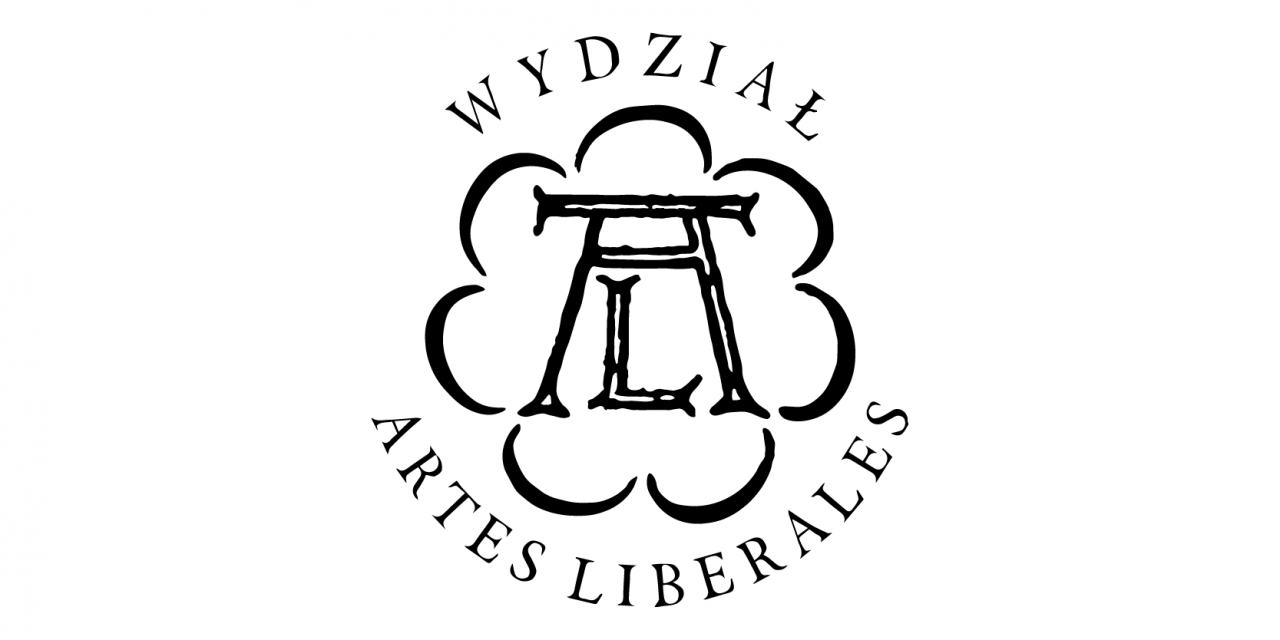29 March 2023
Two presentations during a seminar: “Femonationalist governmentality of unease” and Homi Bhabha: Hybridity and mimicry
The next meeting in the seminar series of the Center for Research and Practice in Cultural Continuity “Decolonizing approaches to studying history and linguistic-cultural heritage. Methods, tools, results and challenges”
will take place on
March 29th, 2023 at 16:45 CET.
Femonationalist governmentality of unease
Contemporary European nationalism distances itself from twentieth-century totalitarianism by adopting certain elements of support for gender equality within an otherwise xenophobic rhetoric. This alignment between gender issues and nationalism can also be found amongst certain strands of feminism, joined by, otherwise antinationalist, neoliberal advocates. In this presentation I will explore this peculiar encounter of anti-immigrant agendas and emancipatory rhetoric of women’s rights, and the political-economic logics underpinning this intersection.
Homi Bhabha: Hybridity and mimicry
Alongside Franz Fanon, Edward Said, Gayatri Spivak and Aimé Césaire, Homi Bhabha is considered one of the most important scholars of postcolonial theory. His most important contributions are:
1. The Location of Culture (1994) – This book is considered Bhabha’s most significant work and it outlines the first concept of this presentation which is “hybridity”, loosely defined as the mixing of different cultural elements and is considered as an important characteristic of postcolonial societies.
2. Of Mimicry and Man: The Ambivalence of Colonial Discourse (1984) – In this seminal short essay, Bhabha examines the concept of mimicry as a form of incomplete imitation that the colonized societies use in order to conform to and challenge the cultural norms of the colonizer.
Although the essay Of Mimicry and Man is quite short, it is a very complex and obscure piece of work, a criticism that has been addressed to Homi Bhabha on several occasions. Another criticism is that, while Edward Said has been criticized for his lack of attributing agency to colonized societies in his works, Homi Bhabha has been criticized for focusing too much on the exchange and blending of cultures while disregarding the power structures involved therein.
Nevertheless, Homi Bhabha offers a fresh perspective on colonial and postcolonial studies, and it is of paramount importance to be familiar with his concepts of hybridity and mimicry.
clickable link: https://zoom.us/j/98037235262






